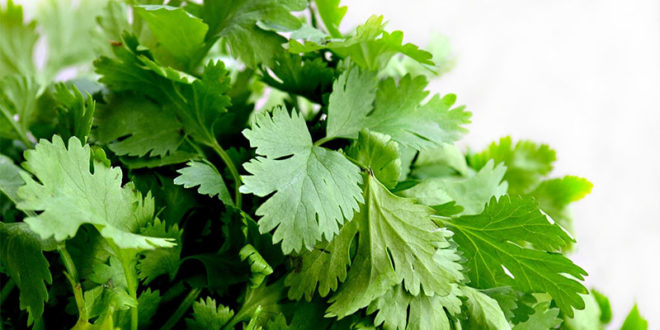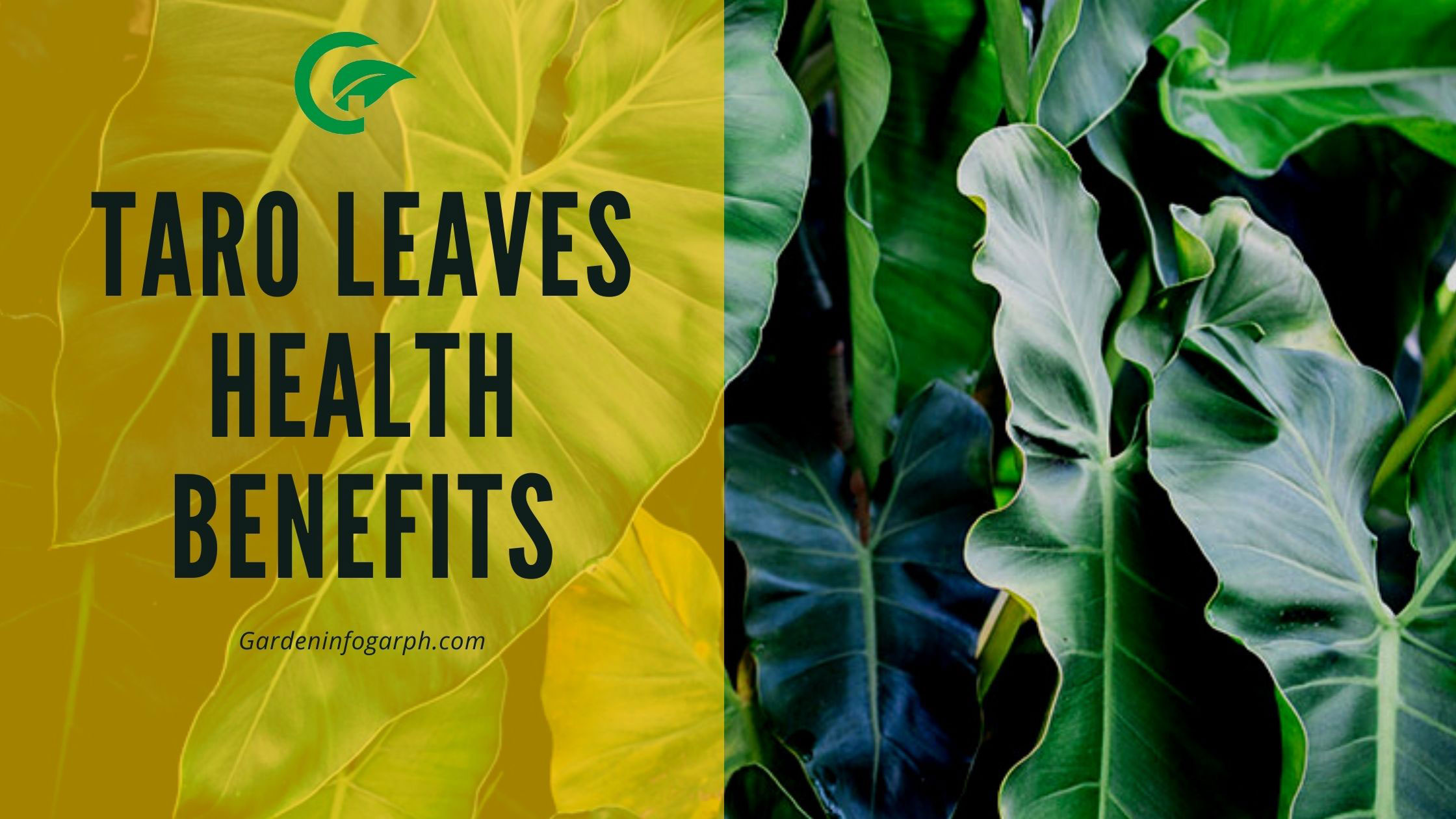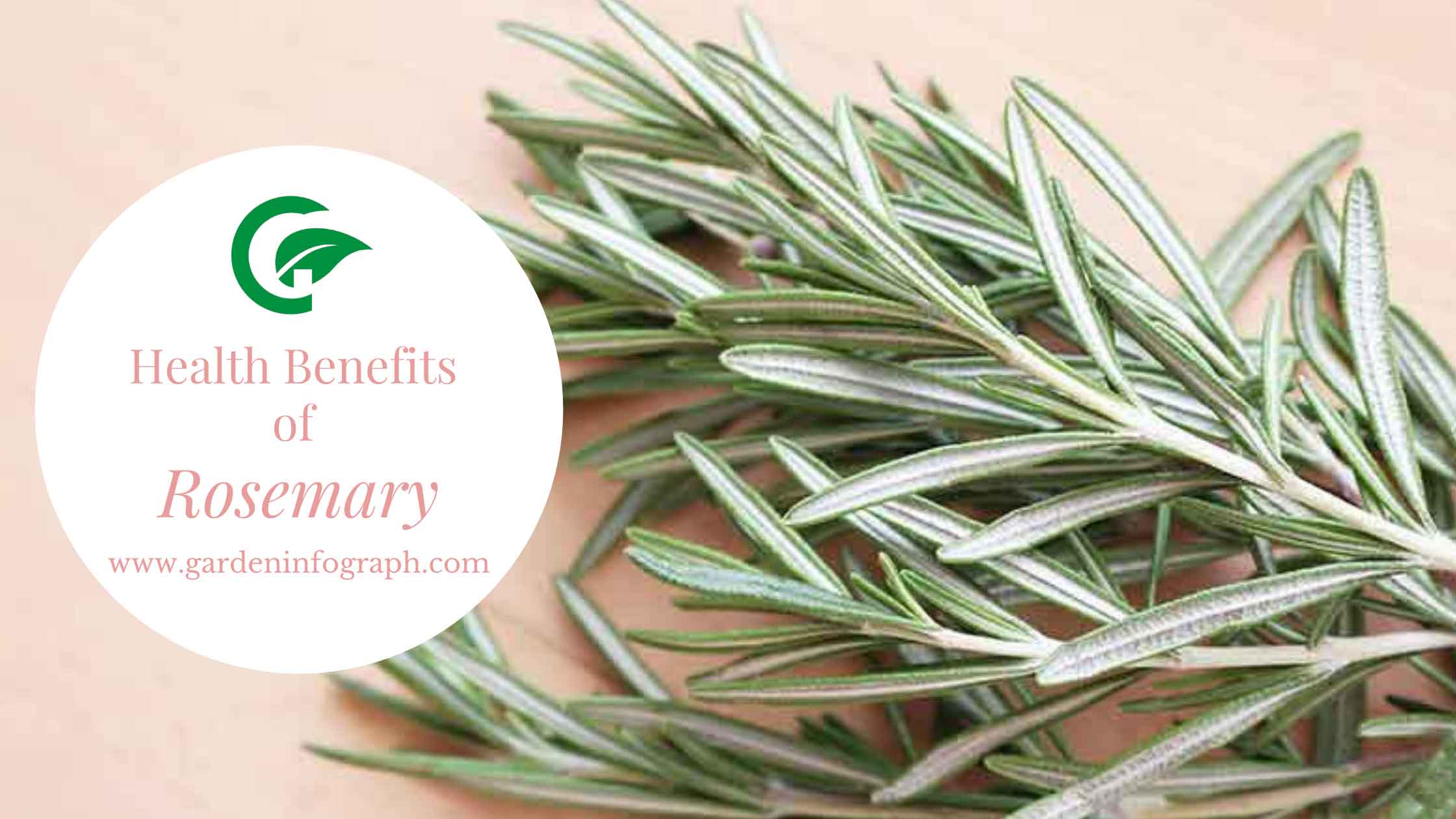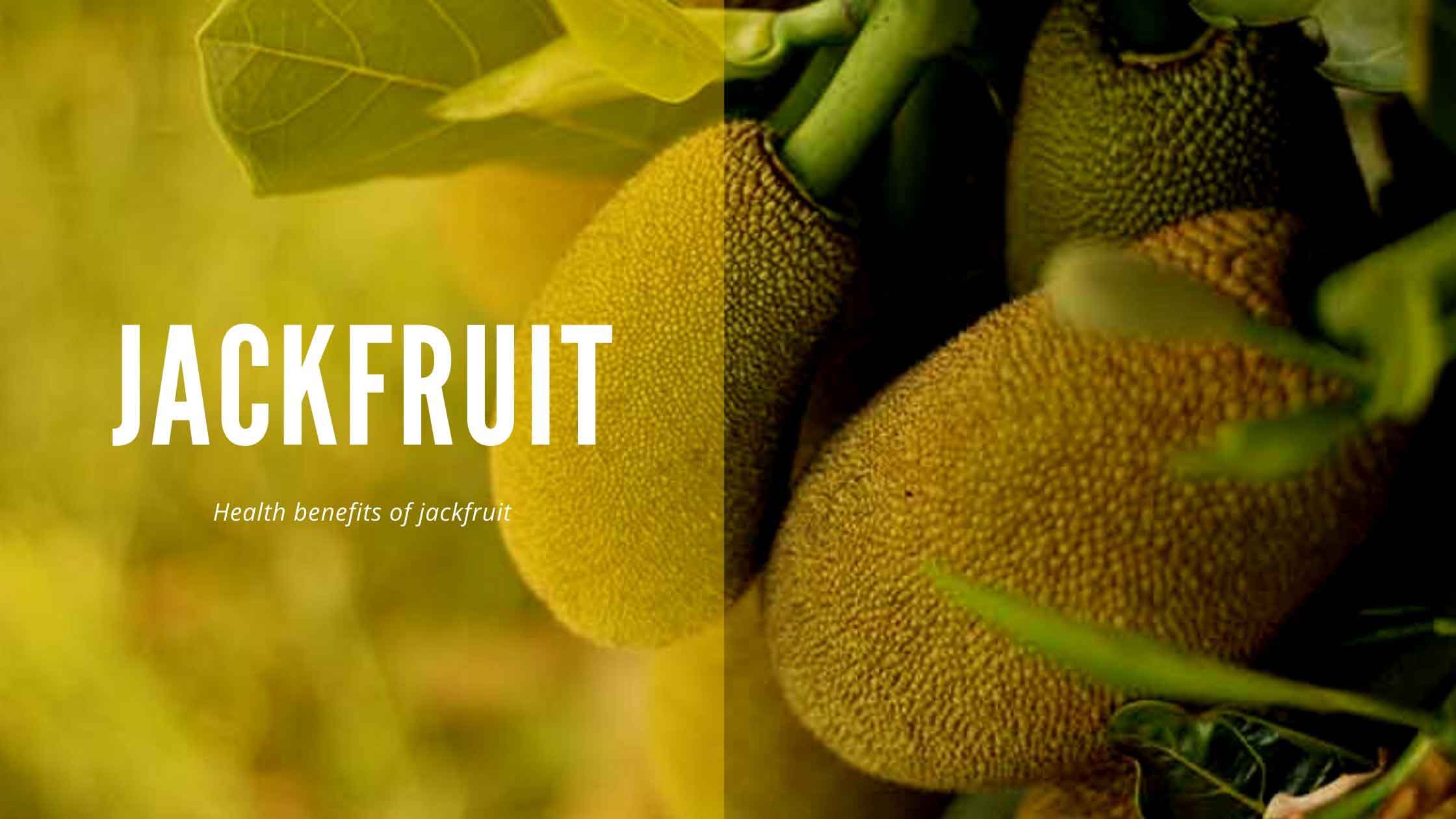Coriander: The taste multiplier
Coriander is best known for its coriander use, but it is also used to cure wounds also know more about this herb in detail know more about the health benefits of coriander and nutritional value of coriander.
It also is known as “Dhaniya” is a species from Apiaceae family. Coriander is also known as “Cilantro” in American subcontinents. It is native to southern Europe, North Africa, and southwest Asia. All parts of this plant are edible from leaves to stem and from root to seeds.
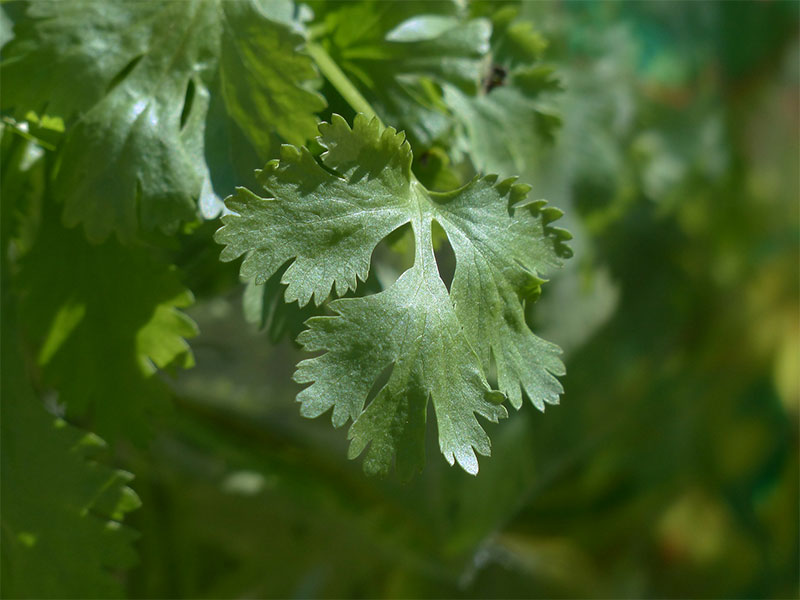
Nutritional value of coriander
Coriander has multiple health benefits. It varies from seeds to leaves, leaves are high in vitamins and minerals than seeds. Let us have a look at the nutritional value of coriander/ nutritional value of cilantro. Per 100g cilantro leaves contain
- Water 92%
- Carbohydrates 4%
- Proteins 2%
- Fat 1%
- Vitamin A, C, K
Per 100g seeds contain
They are comparatively less in vitamins, but they possess a high amount
- Calcium
- Dietary fiber
- Selenium
- Iron
- Magnesium
- Manganese
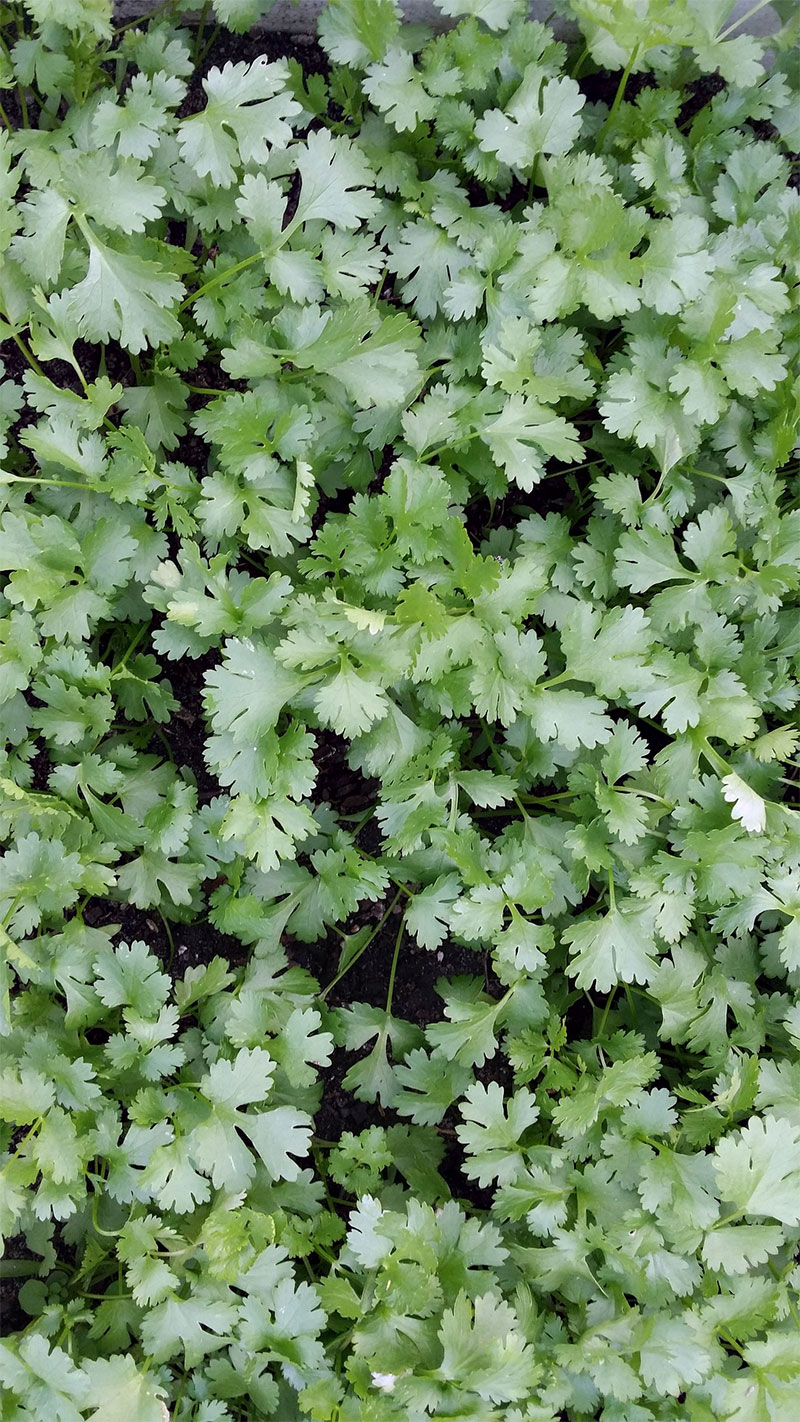
Health benefits of coriander
We all know cilantro has vast uses in culinary but do you know that Greeks used this herb as an antiseptic for wounds. Let us know more about some health benefits of cilantro:
5 health benefits of coriander/cilantro
Aids digestion
Cilantro seeds contain a high amount of dietary fiber which helps in the cleaning of our intestine and helps aid constipation by secreting high amount of enzymes and digestive juices. It not only has aromatic properties but it releases some enzymes that also detoxify the blood.
Reduces gas trouble
If you suffer from constipation it is very obvious that you will also suffer from gas problems. It happens because our stomach doesn’t release all the impurities. Since coriander has a high amount of dietary fiber, it enables our stomach to clean all the impurities that are causing irritation.
Improves eyesight
There are many benefits of consuming vitamin C in our diet. This is one of them, if you take vitamin C in your diet it will benefit you in many ways. Vitamin C and Iron are responsible for taking care of our eyesight along with other organs of our body. So if you want a good eye-sight you should eat vitamin C and iron-rich diet regularly.
Controls diabetes
Vitamins and minerals present in coriander can stimulate insulin and hence can lower the blood sugar level in our body.
Protection from salmonella
Salmonella is a bacterial infection which affects our intestine it is generally found in birds. Its main causes are eating raw meat, raw eggs, uncooked food from the market. Another cause of this infection is drinking contaminated water and unhygienic lifestyle.
Its symptoms can cause diarrhea, stomach and bowel disorders, weak immune system, eye irritation, painful urination, and painful joints.
Since coriander contains a very high amount of antibacterial properties it helps eliminate all the problems caused by this bacterial infection.
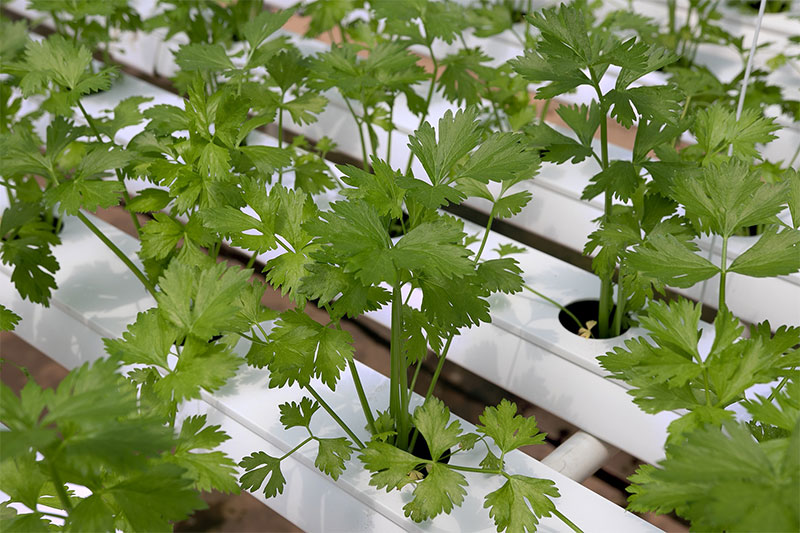
Also Read: How to grow coriander plant
Side effects of coriander
Coriander has no such side effects, but some people are allergic to cilantro and the entire family of it which is the mint family. So if you are allergic to any species from mint family then you might be allergic to coriander also. We will suggest you not to eat coriander without consulting the doctor.
To know about more different fruits and their benefits be connected with garden-infographs also read about Must read about Spinach and its benefits. Health through Ayurveda. Health benefits of Giloy and nutrients facts. Health Benefits of Black Pepper, Black Pepper Nutrition. Health benefits of oregano. Health benefits and nutrients of Fennel. Health benefits of Kiwi fruits. Custard apple Health benefits and nutrients. Benefits of Parsley.
 Garden infograph We provide our best experinces about plants
Garden infograph We provide our best experinces about plants
